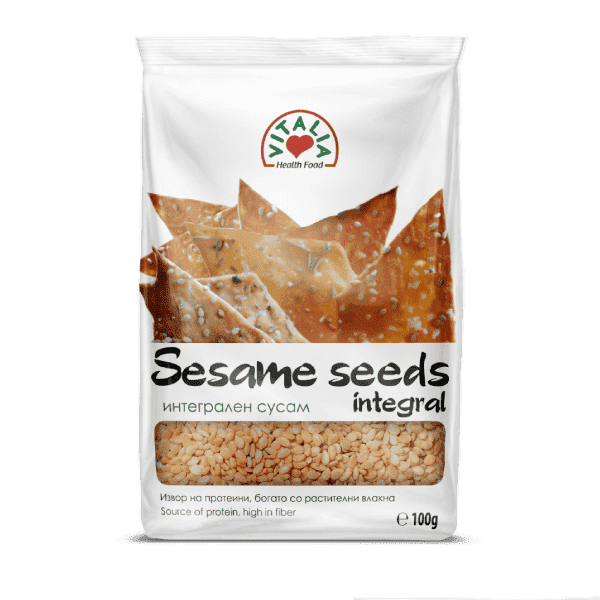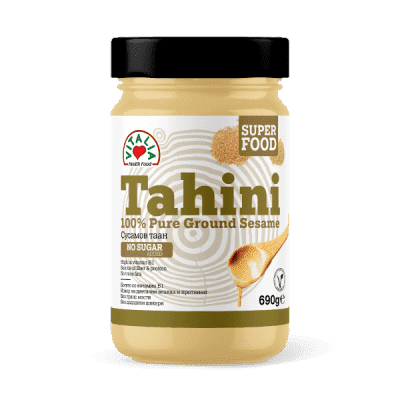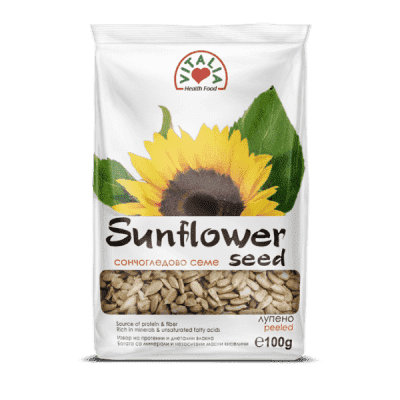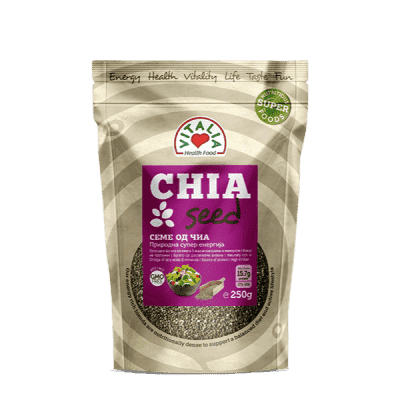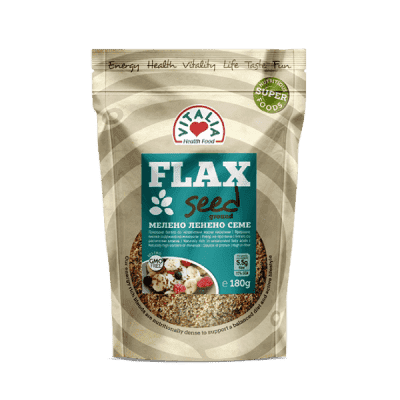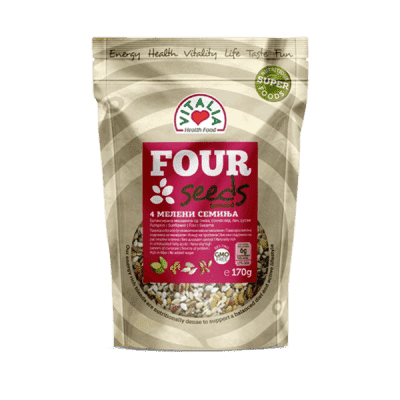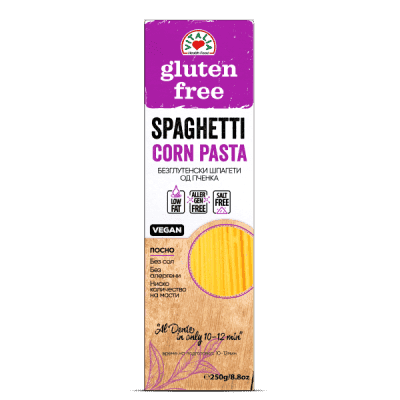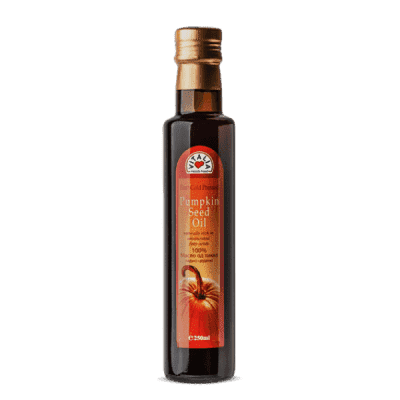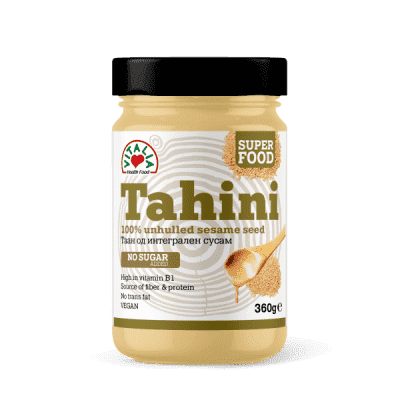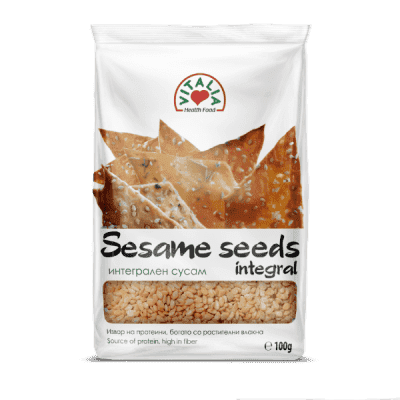Sesame seeds contains 43% polyunsaturated fatty acids, 43% monounsaturated fatty acids and 12% saturated fats. It is rich in proteins and contains essential amino acids, especially methionine.
The sesame contains vitamin E as well, which is one of the most powerful antioxidants. It is rich in magnesium, zinc, potassium and iron (compared to meat, the concentration of potassium is 20 times greater, while iron concentration 3 times).
Use: Sesame seeds can be consumed when added to salads, boiled vegetables, corn flakes, baked goods, bread, cookies thus improving taste and aroma. In order to use up all the nutrients present in the sesame, it should be crushed and ground before consummation. Otherwise, the sesame seed would pass the digestive tract unused. Those who have a sweet tooth can even prepare milk as a great substitute for cow’s milk in the following way: 1 cup of sesame seeds is whisked with a little water. Then, add gradually up to 800 ml of water. You can add vanilla according to your taste and use honey or maltex as a sweetener.
 Muesli & Cereals
Muesli & Cereals Oatmeals
Oatmeals Bars
Bars Snacks
Snacks Sweeteners
Sweeteners Drinks & Teas
Drinks & Teas Oil, Seeds, & Pasta
Oil, Seeds, & Pasta Specialized Products
Specialized Products Spreads & Spices
Spreads & Spices Soy Products
Soy Products

